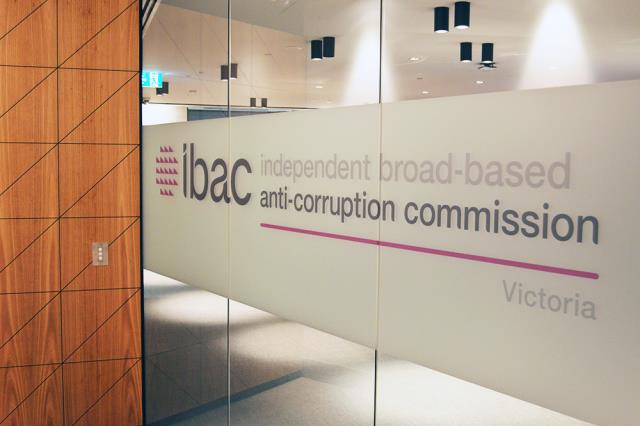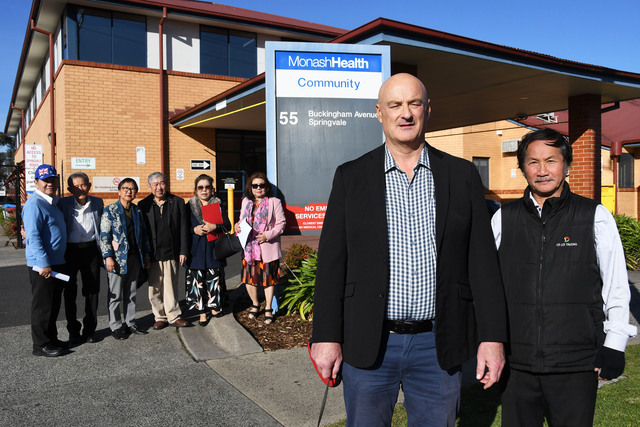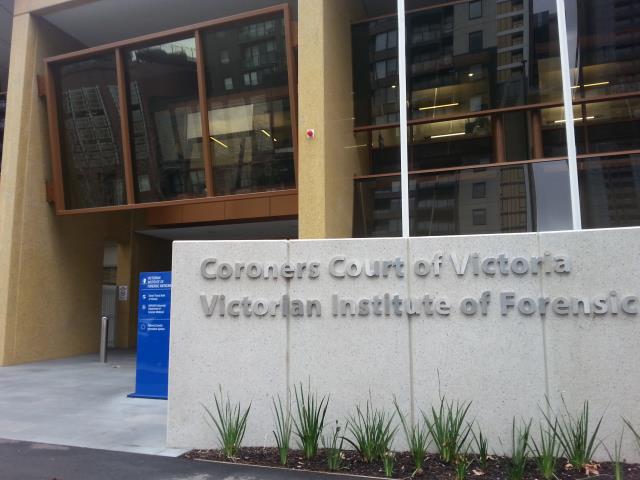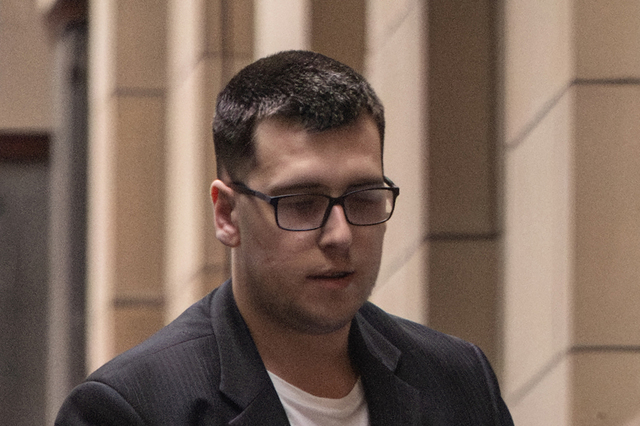A State Coalition’s bid to hasten the release of IBAC’s reports has been narrowly defeated in State Parliament.
Labor MPs, with the support of cross-benchers Andy Meddick and Rod Barton, voted down the Bill 17-16 in the Legislative Council on 22 June.
Opposition Upper House Leader David Davis had proposed the Bill to stop “unnecessary legal delays and roadblocks” to tabling IBAC’s reports.
Currently, property developer John Woodman is embroiled in a Supreme Court bid to halt the release of an IBAC Operation Sandon report into allegedly corrupt land deals in City of Casey.
He argues he has not been given reasonable opportunity to respond to the report’s “adverse” findings.
Mr Davis told a Parliament debate on 22 June: “Natural justice rights do need to be protected but that is not a limitless point.
“There is a balance to be struck which actually enables IBAC, where necessary, to table where it is being tied in legal knots.”
In support, Liberal MP Cathrine Burnett-Wake said the State Government was involved in three inquiries into “serious corruption” – Operations Sandon, Watts and Richmond.
“Victorians first heard about Operation Sandon almost three years ago, and they still have not seen the report.
“The government may think it is a case of out of sight, out of mind, but Victorians deserve to see these IBAC reports before the November 2022 election.”
Labor MP Mark Gepp, in opposing the Opposition’s Bill, said it was a “Swiss cheese of Bills”.
“It is full of holes, and the Parliament should reject it.
“It contravenes the constitution of Victoria, it does not recognise the sovereign right of the Supreme Court of Victoria and it wilfully strips individuals of their rights, potentially, to privacy and a fair hearing.
“Nowhere else in the country does any other jurisdiction seek to do what Mr Davis is proposing to do here in Victoria.”
Mr Barton, of Transport Matters Party, said the Bill would raise the risk of contempt of court proceedings.
The proposed three-month timeline for witnesses to respond to adverse findings was potentially excessive, he said.







